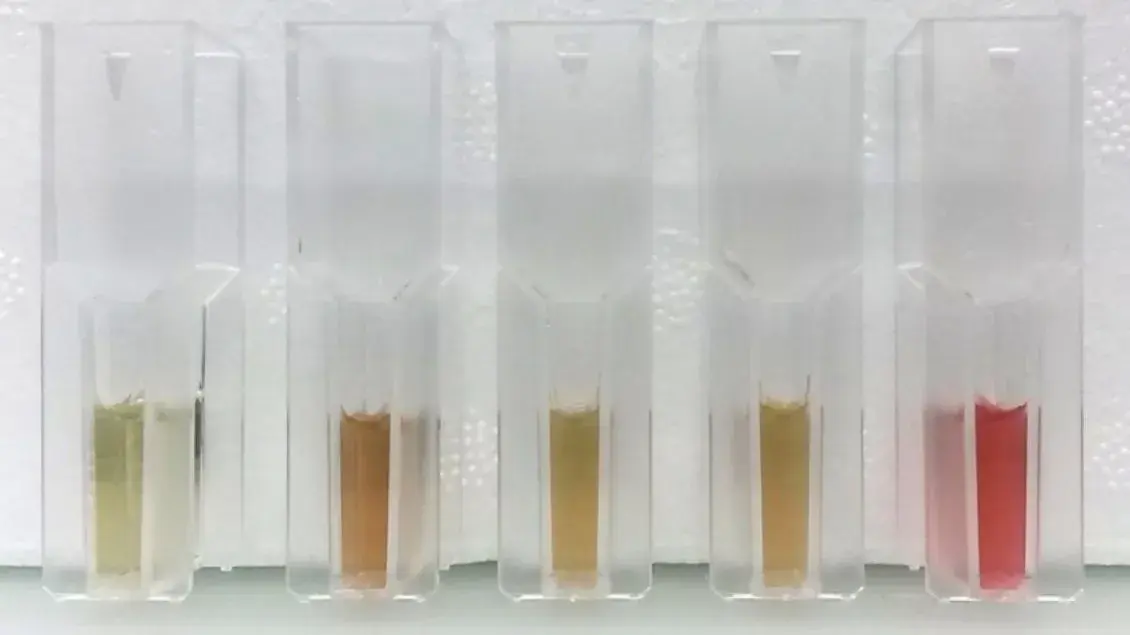Optimization of Food Packaging Processes
Consumers' desire for less processed and “clean label” food products is on the rise. In this context, packaging is becoming increasingly important and fulfils various functions to maintain the quality and safety of food.
Different packaging processes are suitable depending on the food: High barrier packaging, modified atmosphere packaging, active packaging or controlled atmosphere packaging. By optimising packaging processes, the shelf life of food can be extended, thereby reducing food losses and achieving the goal of ‘clean label’ products.
As the food packaging research group at the ZHAW, we work closely with the food and packaging industry, develop new or optimise existing packaging processes and support their integration into the overall product manufacturing process.
Methods for quantifying oxidation processes - Measuring the freshness of food

Oxidation reactions are one of the main causes of changes in food during storage. They can lead to loss of flavour, off-flavours, changes in colour, loss of nutrients or the accumulation of undesirable compounds. The aim of the project is to develop standardised, reproducible and meaningful analysis methods for the quantifiable detection of oxidation processes in packaged foods. Finally, oxidation processes can be prevented or slowed down using new packaging technologies.
OPTIFEL – Optimized food products for elderly populations

Optilfel aims to contribute to the health of older people by reducing malnutrition caused by declining physical performance and loss of appetite. The aim is to develop food products for them that suit their tastes, habits, needs and any restrictions they may have. The spectrum of planned solutions ranges from flavour and texture to nutritional quality, microbial safety and packaging.